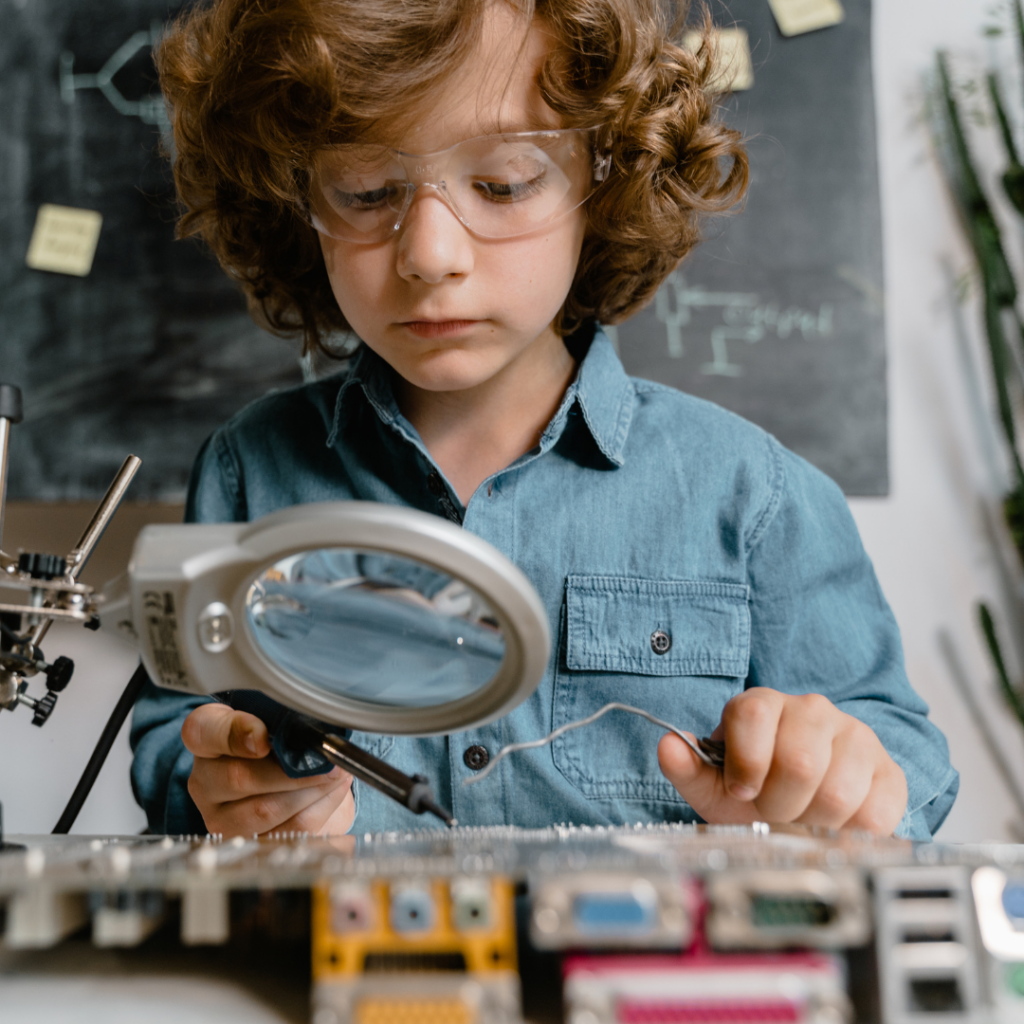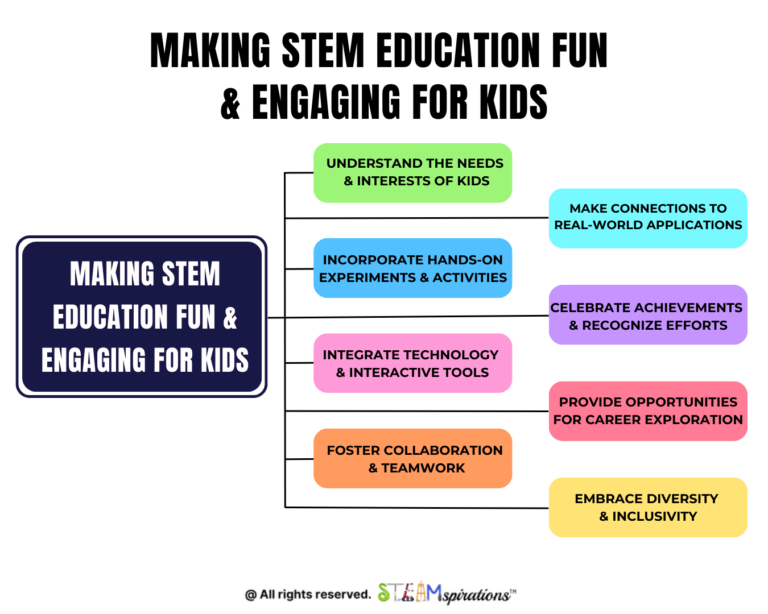As an effective teacher, your main goal is to create an environment that promotes successful learning. One strategy that can significantly enhance your lesson planning is incorporating students’ prior knowledge.
By doing so, students can make connections between what they already know and what they are learning, improving their critical thinking and making the learning experience more authentic, relevant, and meaningful. This, in turn, enhances student engagement and motivation, making it easier for them to understand and grasp core concepts.
Assessing Prior Knowledge
The first step in incorporating prior knowledge is assessing what students already know. You can use pre-assessments, open-ended class discussions, or even simple conversations to determine the level of knowledge your students possess. By understanding what students already know, you can tailor your lesson to build on their existing knowledge, creating a connection between what they already know and what they will learn.
Creating Connections and Building on Existing Knowledge
To build connections between existing knowledge and new concepts, you can use analogies or examples that relate to the students’ experiences, hold student-centered discussions, or break down complex concepts into simpler pieces of information. For example, when teaching about the solar system, you can start by asking students to reflect on what they already know about the sun, moon, and earth, and then build upon that knowledge to introduce other planets.
Similarly, when introducing a new topic or complex concept, breaking it down into smaller, more manageable pieces of information can help build on students’ prior knowledge.
Continuous Evaluation and Misconception Addressing
Finally, continuously evaluating and tuning your instructional planning is crucial for ensuring its effectiveness. Assignments, quizzes, or presentations can be used to assess student understanding of the lesson.
However, it is essential to be aware of any misconceptions that students may still have regarding the topic. Addressing these misconceptions clarifies students’ conceptual understanding and reinforces the knowledge built on their prior knowledge.
Incorporating prior knowledge into your lesson planning is a valuable strategy that can significantly improve the effectiveness of your teaching. By understanding your students’ existing knowledge and building upon it, you create an authentic and meaningful learning experience that enhances student engagement and motivation, leading to better learning outcomes.

